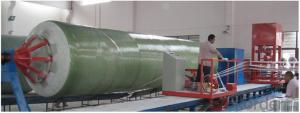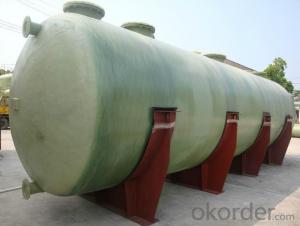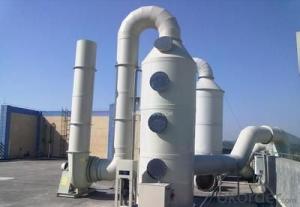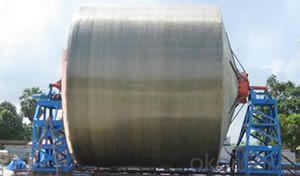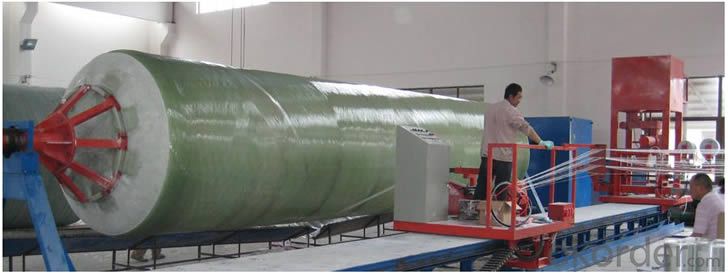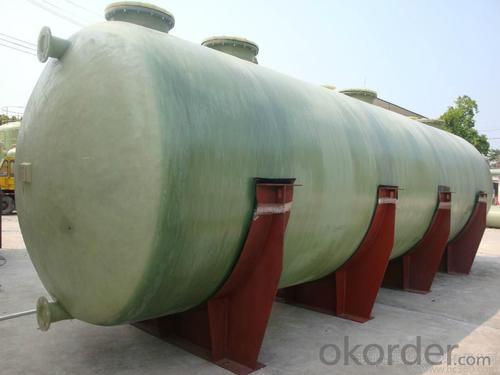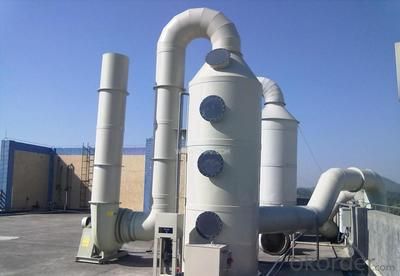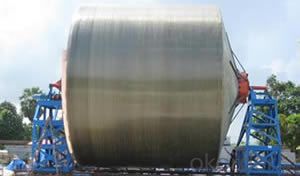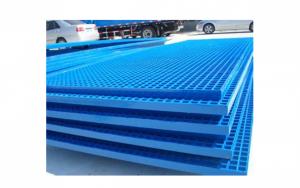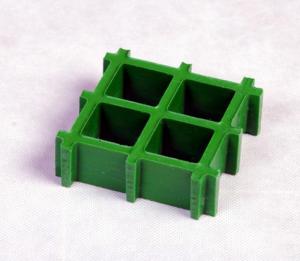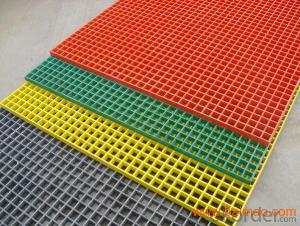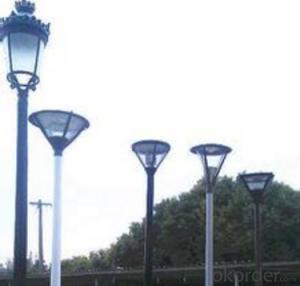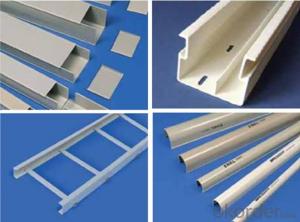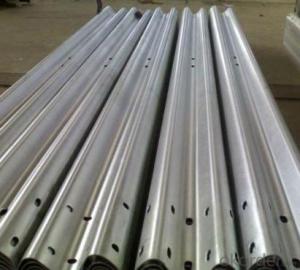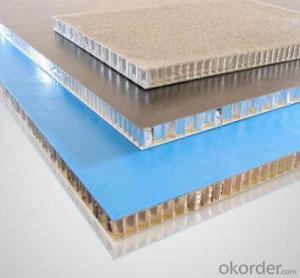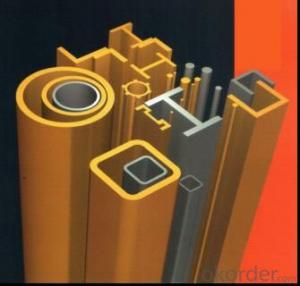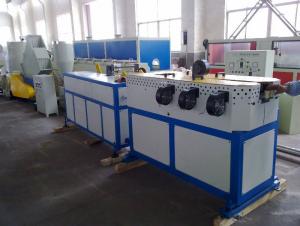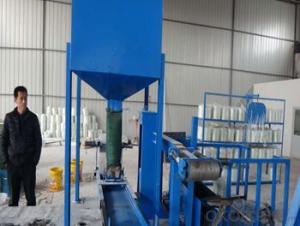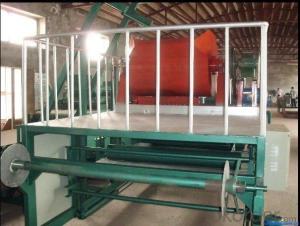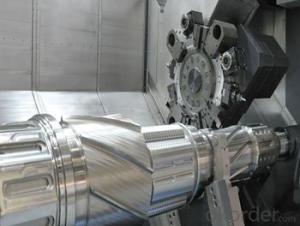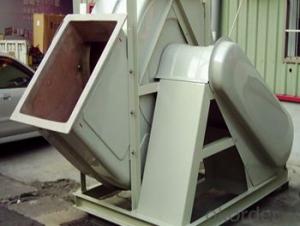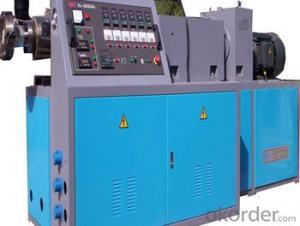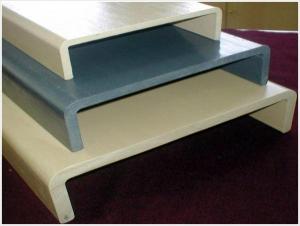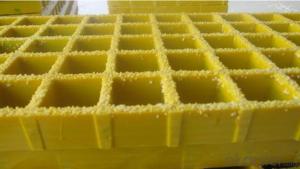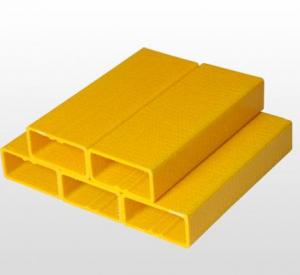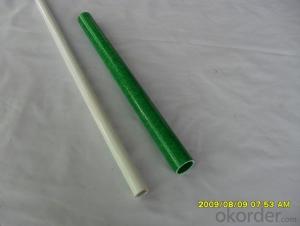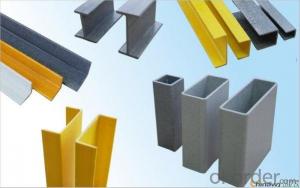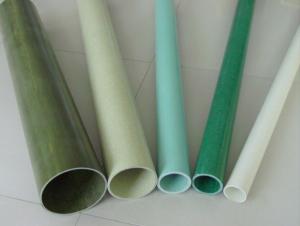FRP Pultrusion Profiles - FRP Pultruded Grating with Anti-Flammable and High Quality at Good Prices
- Loading Port:
- Tianjin
- Payment Terms:
- TT OR LC
- Min Order Qty:
- 1 m.t.
- Supply Capability:
- 50000 m.t./month
OKorder Service Pledge
OKorder Financial Service
You Might Also Like
PRODUCT DESCRIPTION
Pultruded grating is made by a particular assembly process, which using “I” shape as its main load-bearing and special rod to go through the bearing bar. Pultruded grating include the standard grating and the custom grating, the custom grating can be designed to meet customer’s requirement or special using condition by changing the shape, size and space of the bearing bars, the surface can be covered with lozenge panel, grit panel, or added the anti-slippery sand directly.
FRP pultruded grating has the most characteristics of molded grating, but it has its distinct advantages, it has very high fiberglass content in the loading direction, so it has very high load capability, it has more superiority when used at wide span, so that the basic support will be decreased and the project cost will be reduced accordingly.
SPECIFICATION
Thickness (mm) | Bar width (mm) | Open space (mm) | Open rate (%) | Approx weight (kg/m |
25.4 | 15.2 | 22.8 | 60 | 13.2 |
25.4 | 15.2 | 15.2 | 50 | 15.9 |
25.4 | 15.2 | 10.1 | 40 | 18.5 |
25.4 | 40 | 10.8 | 21 | 14.5 |
38.1 | 15.2 | 22.8 | 60 | 15.8 |
38.1 | 15.2 | 15.2 | 50 | 19.1 |
38.1 | 15.2 | 10.1 | 40 | 22.4 |
50.8 | 25.4 | 25.4 | 50 | 16.6 |
50.8 | 25.4 | 12.7 | 33 | 21.1 |
CHOICE FOR PULTRUDED GRATING
Resin: GP resin, ISO resin, VE resin, Phenol resin
Color choice: Yellow, gray, green, custom color
Surface choice: Groove surface, grit surface, lozenge cover surface
FEATURES
a. Anti-corrosion and anti-rust
b. Light weight and high strength
c. Anti-flammable
d. Anti- fatigue
e. Safe and anti-slippery
f. Anti-ageing
g. Easy of maintenance
FIELDS SERVED
Sewage treatment,
water supply and drainage,
chemical industry,
oil industry,
power engineering,
pulp and paper,
construction engineering,
spinning, marine engineering.
APPLICATION
Operation terrace,
stair walkway,
ground floor,
trench cover,
sidewalk,
foot bridge,
equipment safety fence,
scaffold.
COMPANT DESCRIPTION
CNBM,China National Building Materials Group is a state-owned enterprise in charge of administrative affairs in china building materials industry. Established in 1984, CNBM is a large group corporation of building materials with total assets of 25 billion RMB and a total staff of 30,000.CNBM now owns 200 subordinating firms of solely owned and joint-venture companies.
CNBM International Corporation is one subsidiary of CNBM, we focus on offering good-quality products,professional service and complete solution to our customers. Strong delivery capacity, advanced technology& management, strong financing capability and excellent after-sale service are our advantages in sharing international market.
FAQ
1.Q:Are you factory or trading company ?
A:We are Factory produce FRP machines and FRP products.
2.Q:If can customized by customers requirements?
A:yes,we can produce the machine with customized size.
3.Q:How about the payment?
A:We accept any kind of payment.
4.Q:What is the guarantee?
A:Gurantee is one year.
5.Q:If you can training?
A:yes ,we can training in our factory also can send engineers to your factory training.
PICTURES
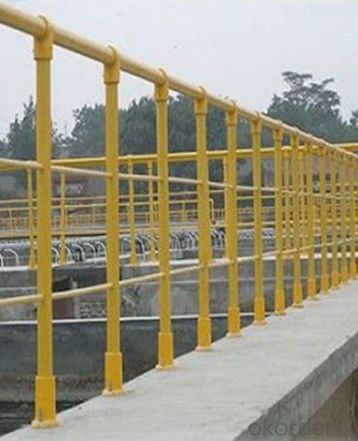
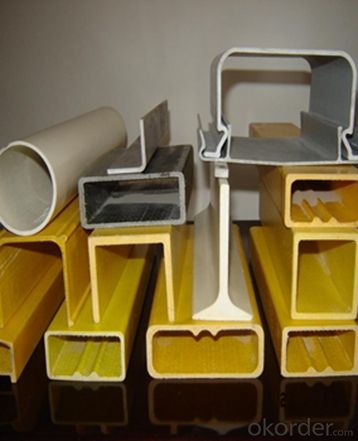
- Q: What are the typical applications for FRP pultrusion profiles?
- FRP pultrusion profiles have a wide range of uses in different industries. In construction, they are commonly used for structural components like beams, columns, and platforms. These profiles have a high strength-to-weight ratio, are corrosion resistant, and durable, making them perfect for long-lasting, low-maintenance infrastructure. In transportation, FRP pultrusion profiles are used to manufacture lightweight components for buses, trucks, railcars, and wind turbines. Their lightweight nature helps reduce fuel consumption and increase energy efficiency. Additionally, they can withstand chemicals, moisture, and UV radiation, ensuring their durability in harsh environments. In the electrical and power distribution field, FRP pultrusion profiles are utilized for manufacturing insulating supports, cable trays, and ladder racks. These profiles offer excellent electrical insulation properties, making them a safe and reliable choice for electrical installations. Furthermore, their non-conductive nature helps prevent electrical accidents and eliminates the risk of electric shock. In the marine industry, FRP pultrusion profiles are ideal for manufacturing boat hulls, decks, and other marine components due to their resistance to saltwater corrosion. Their high strength and stiffness enable them to withstand the tough conditions of the marine environment. Additionally, FRP pultrusion profiles are used in the chemical processing industry for manufacturing tanks, pipes, and platforms. They are resistant to various chemicals and corrosive substances, ensuring the equipment's integrity and enhancing safety in chemical plants. Overall, FRP pultrusion profiles have diverse applications in industries such as construction, transportation, electrical, marine, and chemical processing. Their unique properties make them a versatile and dependable choice for various structural and functional needs.
- Q: Are FRP pultrusion profiles resistant to hail or impact damage?
- FRP pultrusion profiles exhibit exceptional resistance to both hail and impact damage. The incorporation of reinforcing fibers such as carbon or glass, along with a polymer resin matrix, grants these profiles unparalleled strength and durability. When compared to materials like wood, steel, or aluminum, FRP pultrusions offer significantly superior impact resistance. These profiles are specifically engineered to endure even the harshest environmental conditions, including hailstorms. The composite composition of FRP enables it to effectively absorb and distribute the energy generated by impacts, effectively preventing the formation of cracks or fractures. As a result, they are an ideal choice for various applications that necessitate protection against hail or impact damage, such as building facades, bridges, handrails, and utility poles. Moreover, FRP pultrusion profiles possess an impressive strength-to-weight ratio, meaning they can withstand heavy impacts without undermining their structural integrity. Furthermore, they are non-corrosive, making them impervious to rust or degradation caused by hail or impact. To summarize, the composite construction and exceptional strength-to-weight ratio of FRP pultrusion profiles render them highly resistant to hail or impact damage. They offer a reliable and long-lasting solution for applications that demand durability and resilience in the face of harsh environmental conditions.
- Q: Are FRP pultrusion profiles resistant to high winds or hurricanes?
- Yes, FRP pultrusion profiles are resistant to high winds and hurricanes. The inherent strength and durability of fiberglass reinforced plastic (FRP) combined with the pultrusion manufacturing process make these profiles highly resistant to extreme weather conditions, including high winds and hurricanes. They have been extensively tested and proven to withstand strong winds and turbulent weather events.
- Q: Are FRP pultrusion profiles resistant to caustic solutions?
- FRP pultrusion profiles are known for their resistance to caustic solutions. The combination of reinforcing fibers and the polymer matrix used in FRP pultrusion provides exceptional chemical resistance. Unlike traditional materials like steel or wood, which can be corroded or degraded by strong alkaline substances, FRP pultrusion profiles are highly resistant to chemical attack. This makes them suitable for industries that frequently encounter caustic solutions, such as chemical processing, wastewater treatment, and marine environments. However, it is important to refer to the manufacturer's specifications and guidelines to ensure compatibility between specific caustic solutions and the chosen FRP pultrusion profile.
- Q: Can FRP pultrusion profiles be used in the construction of recreational vehicles (RVs)?
- Yes, FRP pultrusion profiles can be used in the construction of recreational vehicles (RVs). These profiles offer several advantages such as high strength-to-weight ratio, resistance to corrosion and rot, and excellent thermal insulation properties. Additionally, FRP pultrusion profiles can be easily molded into complex shapes, making them suitable for various applications within the construction of RVs, including structural components, flooring, walls, and roofs.
- Q: Are FRP pultrusion profiles resistant to sulfuric acid?
- Yes, FRP pultrusion profiles are generally resistant to sulfuric acid due to the corrosion-resistant properties of the fiber-reinforced plastic material. However, it is important to consider the concentration and temperature of the sulfuric acid, as extreme conditions can potentially affect the resistance of FRP profiles.
- Q: Can FRP pultrusion profiles be used in the automotive manufacturing industry?
- Yes, FRP pultrusion profiles can be used in the automotive manufacturing industry. They offer several advantages such as high strength-to-weight ratio, corrosion resistance, and design flexibility. These profiles can be used in various automotive applications including body panels, structural components, and interior trim.
- Q: Can FRP pultrusion profiles be used in the construction of playground equipment?
- Yes, FRP pultrusion profiles can be used in the construction of playground equipment. FRP (Fiber Reinforced Polymer) pultrusion profiles are known for their high strength-to-weight ratio, durability, and resistance to corrosion and weathering. These qualities make them suitable for various applications, including playground equipment, where safety and longevity are important factors. FRP pultrusion profiles can be used to construct slides, climbing structures, handrails, and other components of playground equipment, providing a safe and reliable solution for recreational areas.
- Q: Can FRP pultrusion profiles be used in the construction of modular buildings?
- Yes, FRP pultrusion profiles can be used in the construction of modular buildings. FRP (Fiber Reinforced Plastic) pultrusion profiles offer several advantages such as high strength-to-weight ratio, corrosion resistance, and design flexibility. These profiles can be easily fabricated into various shapes and sizes, making them suitable for modular building applications. Additionally, FRP pultrusion profiles are durable, low-maintenance, and exhibit excellent thermal insulation properties, making them a reliable choice for constructing modular buildings.
- Q: Can FRP pultrusion profiles be used in the construction of chemical processing equipment?
- Yes, FRP (Fiber Reinforced Polymer) pultrusion profiles can be used in the construction of chemical processing equipment. FRP pultrusion profiles offer several advantages that make them suitable for such applications. Firstly, FRP pultrusion profiles are highly resistant to corrosion, making them ideal for use in chemical environments where exposure to corrosive substances is common. Unlike traditional materials such as steel, FRP pultrusion profiles do not rust or corrode, ensuring a longer service life and reducing maintenance costs. Secondly, FRP pultrusion profiles are lightweight yet strong, providing excellent structural integrity and load-bearing capacity. This is particularly important in chemical processing equipment, where the materials used must withstand high pressures and temperatures. The strength of FRP pultrusion profiles allows for the construction of robust and durable equipment. Additionally, FRP pultrusion profiles offer design flexibility, allowing for the customization of shapes and sizes to meet specific requirements. This enables the construction of complex chemical processing equipment with intricate designs that are not easily achievable with traditional materials. Furthermore, FRP pultrusion profiles have excellent electrical insulation properties, which can be advantageous in chemical processing equipment where electrical conductivity needs to be minimized to prevent unwanted reactions or hazards. Overall, FRP pultrusion profiles are a reliable and cost-effective choice for the construction of chemical processing equipment. Their corrosion resistance, strength, design flexibility, and electrical insulation properties make them suitable for a wide range of applications in the chemical industry.
Send your message to us
FRP Pultrusion Profiles - FRP Pultruded Grating with Anti-Flammable and High Quality at Good Prices
- Loading Port:
- Tianjin
- Payment Terms:
- TT OR LC
- Min Order Qty:
- 1 m.t.
- Supply Capability:
- 50000 m.t./month
OKorder Service Pledge
OKorder Financial Service
Similar products
Hot products
Hot Searches
Related keywords
